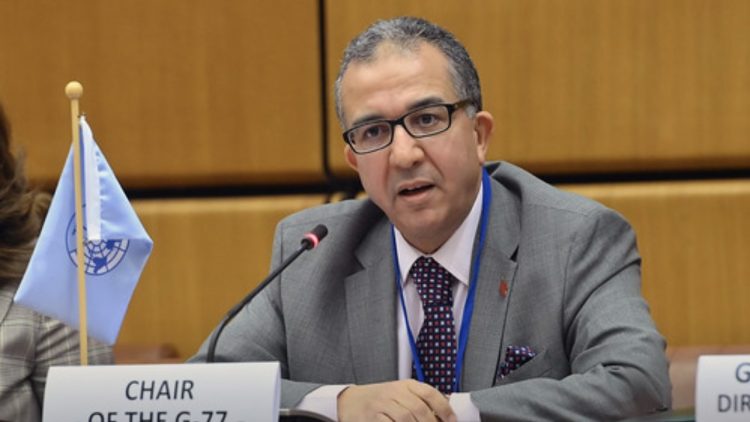Morocco has been appointed Vice-Chair of the Board of Governors of the International Atomic Energy Agency (IAEA) for the 2025–2026 term, marking a significant step in the country’s growing presence on the global diplomatic stage. The decision was made Monday in Vienna, where Ambassador Azzeddine Farhane—Morocco’s Permanent Representative to international organizations based in the Austrian capital—was officially selected to take on the role.
The nomination was put forward on behalf of the Group of 77 and China, a broad coalition representing the majority of developing nations. Morocco’s candidacy received unanimous backing from all 134 member states of the group, a clear reflection of the country’s growing stature within multilateral diplomacy.
Alongside Morocco’s appointment, the IAEA Board also elected Australia’s Ambassador Ian David Graining Biggs as Chair, representing the Far East group. Romania was chosen as the second Vice-Chair, represented by Ambassador Stelian Stoian, nominated by the Eastern European group.
In his address following the election, Ambassador Farhane expressed deep appreciation for the trust placed in Morocco. He reiterated the Kingdom’s firm commitment to promoting dialogue, consensus, and compromise—even in an era of increasing geopolitical tensions. His remarks underlined Morocco’s intention to help preserve the cooperative spirit that has long defined the IAEA’s work in Vienna.
Numerous member states, regional blocs, and observers extended congratulations to Morocco, highlighting the Kingdom’s longstanding and respected role in multilateral affairs.
This appointment is yet another testament to Morocco’s active engagement in global governance under the leadership of King Mohammed VI. It reinforces the country’s dedication to South-South cooperation, multilateralism, and collective solutions to today’s global challenges.
The IAEA’s Board of Governors is one of the agency’s two main policymaking bodies, alongside the General Conference. It is responsible for reviewing the agency’s financial matters, approving nuclear safety standards and safeguard agreements, proposing the annual budget to the General Conference, and overseeing the selection process for the Director General.
